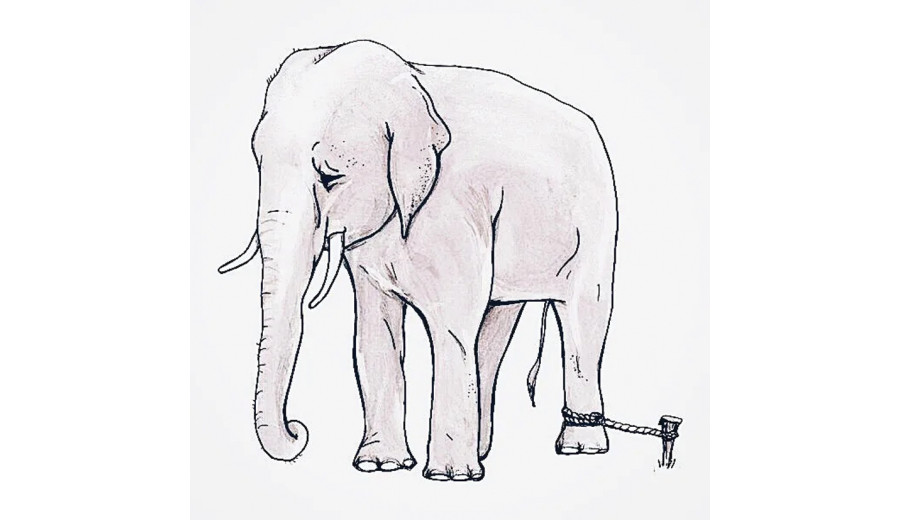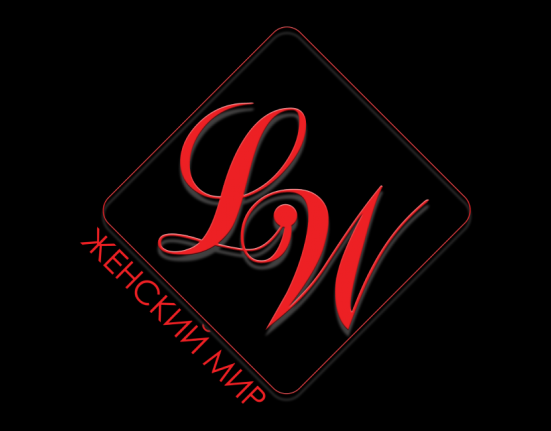What do we do in our sessions? We engage in deep inner work on ourselves.
And I can confidently say that one of the fundamental struggles of the modern person
is the persistent state of «I am not enough…» Each of us can complete this
phrase in our own way: …good enough, beautiful enough, smart enough, fit enough,
capable enough, energetic enough, strong enough, professional enough, interesting
enough, educated enough, significant enough, brave enough…
Don’t just skim through the list—pause and think about it. If you
extend any of these with the words «to be» or «for,» you may recognize in
yourself the eternally doubtful Buzykin from Autumn Marathon, the kind but
weak Khobotov from Pokrovskie Vorota, or even the comical lonely father,
Novoseltsev, from Office Romance.
Do you know what the well-known psychiatrist Rabbi Avraham Twerski
answered when asked how he wrote over fifty books in his lifetime? He said: «They
are all about the same thing—self-esteem—just approached from different angles.»
This ancient topic has been explored in depth over the years. It
has maintained its relevance and grown darker and more intense. From an ordinary
cleaner to a top businessman, you never truly know how deep their inner insecurity
runs.
Here sits before me an active, energetic woman—a Judaism teacher,
a life coach, or a young, strong, wealthy, and handsome man. Yet inside them, a
little Buzykin, Khobotov, or Novoseltsev is trapped, longing
and aching.
How did these «inner children» settle inside them?
There is a parable. A traveler once walked through an exotic country
and saw a huge elephant tied with a thin rope to a simple wooden stake driven into
the ground.
«Isn’t it foolish to tie such a large animal with just a rope?» he
asked the elephant’s owner. «If the elephant wanted to, he could easily pull the
stake out of the ground and be free.»
The owner assured him, «He will never try to leave—because he was
tied with chains from childhood.»
We have internal voices, which can be divided into constructive and
destructive. Learning to distinguish between them is key to real progress in deep
self-work.
The negative voices—our evil inclination or yetzer hara (which
I often discuss in my writings)—are extremely cunning. They manipulate us, tightly
controlling our thoughts. These voices echo through our minds in different tones,
sometimes sounding like our parents, sometimes our teachers, and sometimes the people
who surrounded us in childhood.
Like the chain on the elephant, these voices create an invisible
mental program that keeps us bound. And our delicate psyche, with its complex structure
of thinking, has long since reprogrammed these messages into what seems like «necessary»
truths for us:
«You can do even better.» — «I am not capable enough.»
«Why can’t you study like your brother?» — «I am not smart
enough.»
«Stop bothering me every second.» — «I don’t deserve attention.»
«Look at that pretty girl, how well she eats! But you’re so pale,
with thin arms and legs…» — «I am not beautiful. I am unworthy of love.»
Although the young parents, teachers, and neighbors of our past may
be long gone, their voices live inside us and continue to shape our self-perception.
More accurately, our yetzer hara skillfully uses these voices against us, like ropes
keeping the elephant in place.
Yet, each of us is born with enormous potential! If you search online
for positive character traits, you will find countless long lists. Some may be surprised
to learn that, as Rabbi Efim Svirsky teaches, all of these qualities are already
within us—they were given to us by the Creator from birth. They exist to help us
achieve our goals. Some may be stronger than others, but they are all there. Great
educators focus on a person’s strengths rather than emphasizing their weaknesses.
What must we learn? Not only to analyze who is responsible for our self-doubt but
also to recognize the voices of yetzer hara and yetzer hatov, setting the right
priorities, cultivating our strengths, and understanding that any negative voice
toward ourselves is not truth—it is just yetzer hara’s trick to weaken us. The choice
is ours. Whichever part of ourselves we nurture—that part will win.
As Purim approaches, let us remember Esther was an orphan. Her father
died before she was born, and her mother passed away during childbirth. She had
every reason to feel less than others. Yet Mordechai inspired her to become the
savior of the Jewish people, knowing that she, an orphan who had experienced a lack
of parental love and care, was uniquely suited to lead a lost Jewish nation scattered
far from the Holy Land, among foreign cultures.
She transformed the lessons of her life experience into strength, using them to uplift and protect her people. And that is what ultimately led to their salvation. A perfect example to follow.



















